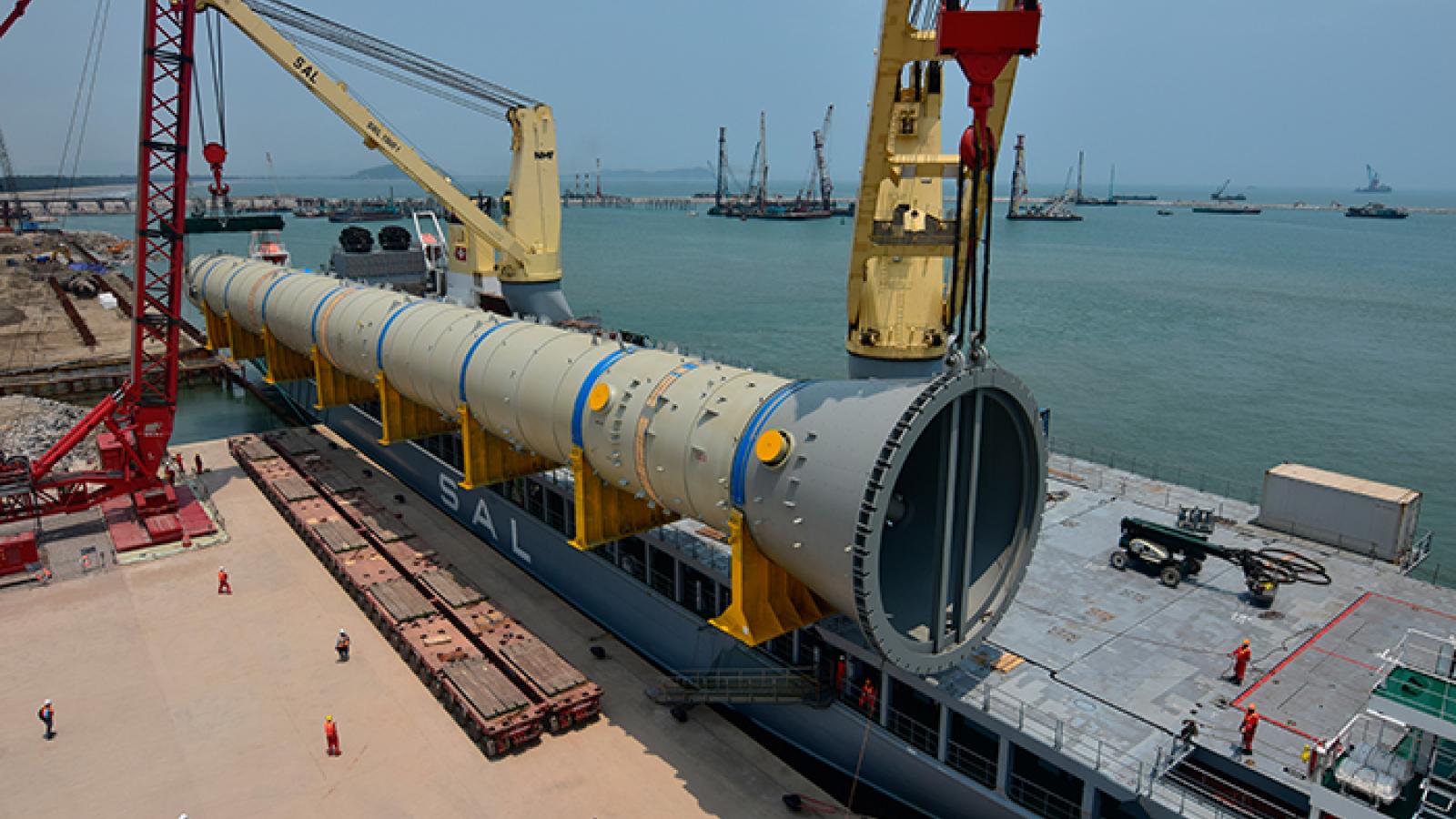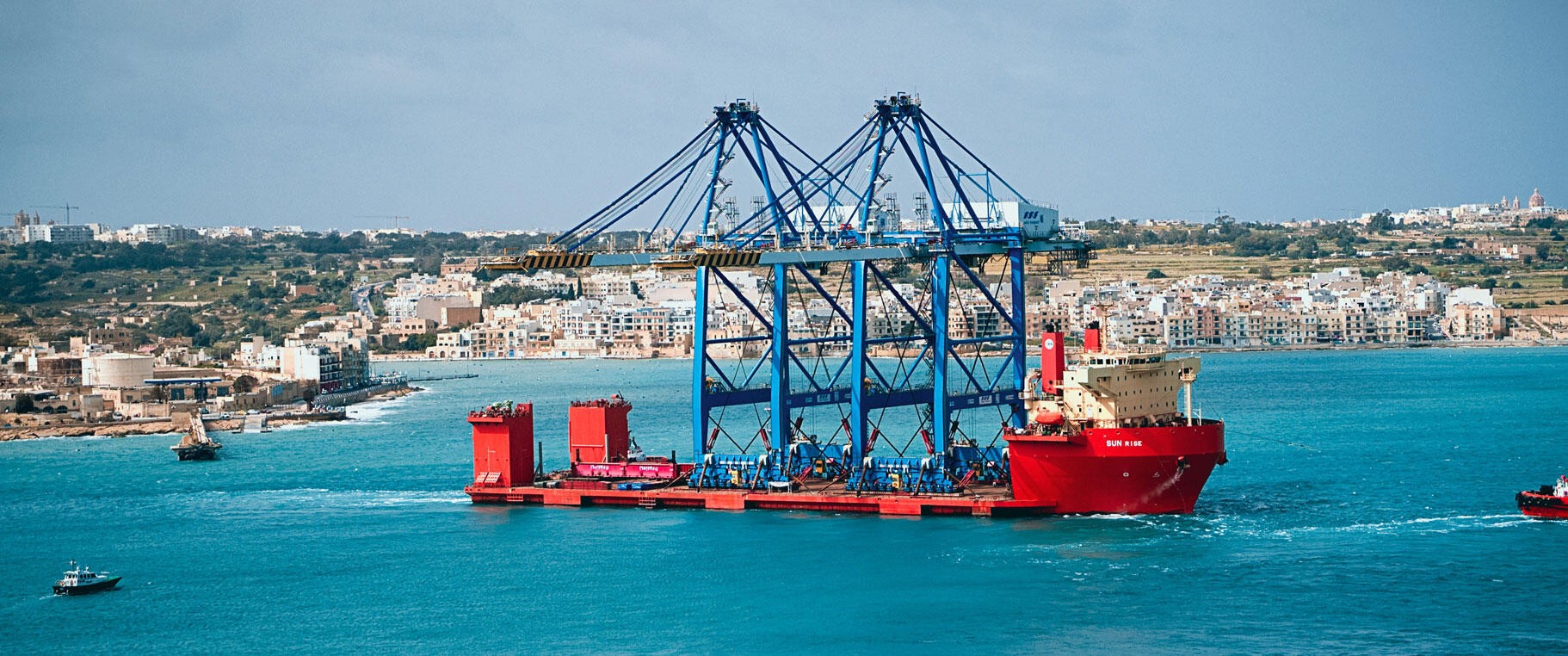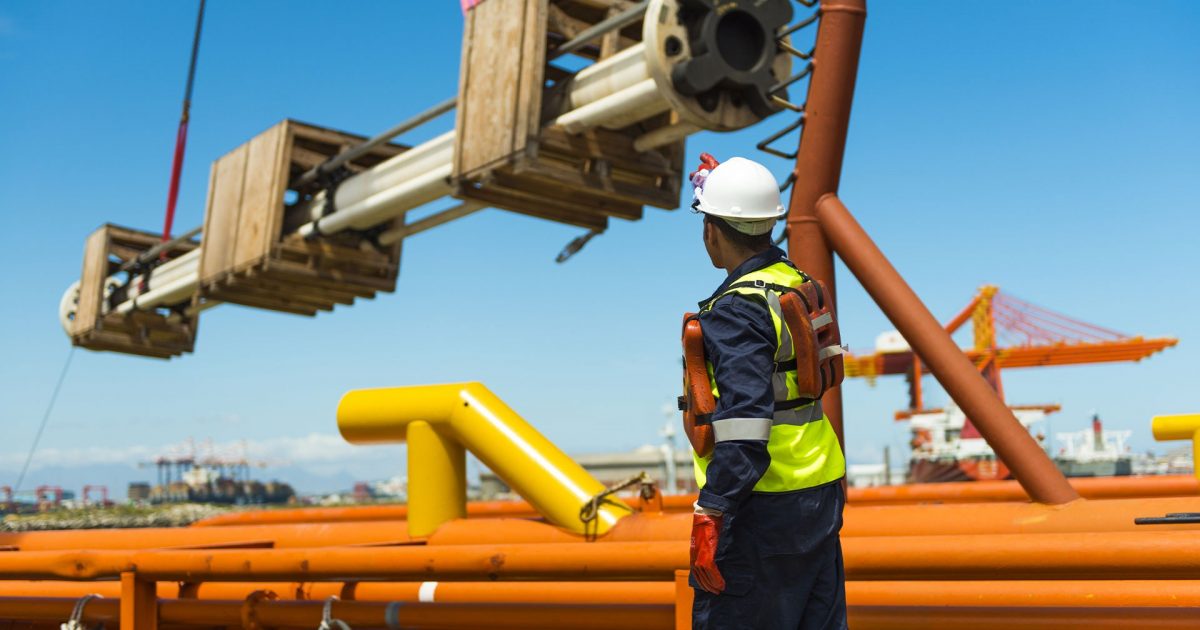When and Where to use Project Logistics
Project logistics is most suitable for large-scale projects requiring heavy equipment shipment to a faraway destination. And, when cargo is either immensely massive or has disproportionate dimensions, project logistics is a logistics manager's best solution.
A heavy project cargo shipment has to deal with varying terrains and mediums such as oceans, inland waterways, hilly regions, air routes, rail routes, etc. Therefore, a logistics provider will have to assign an appropriate carrier to perform the job well. For instance, carrier vessels would be apt for transporting heavy equipment in an inland waterway, whereas an aircraft is more suitable for quick intercontinental delivery.
It is customary for project logistics experts to conduct feasibility studies before undertaking a complex project. Also, it is necessary for a logistics company to pay a customs brokerage and get customs clearance from the importing country's government. Therefore, the expertise of the project management team is decisive in getting past the hurdles on the route.
This is where project logistics services of third-party logistics (3PL) companies come into play. A third-party logistics company provides logistics services. Depending on the contract, they could undertake a segment of the logistics process or even a complex project entirely. In the latter scenario, they take care of all the logistics activities, from transportation to warehousing to inventory management.




;)
